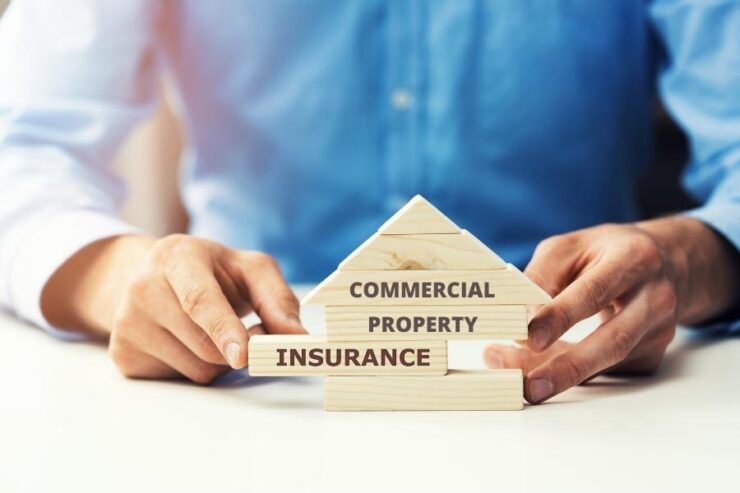Table of Contents
When it comes to protecting your business, having comprehensive commercial property insurance is essential. This type of insurance covers a wide range of claims that can arise from various risks and hazards.
Understanding the common claims covered by commercial property insurance can help you make informed decisions about your coverage and ensure that your business is adequately protected. Rules are the same for commercial property landlord insurance.
1. Fire Damage
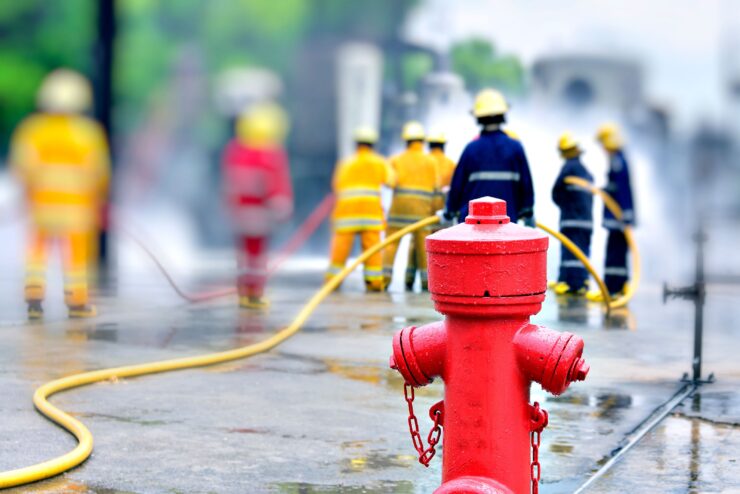
Fire damage is one of the most common and devastating claims covered by commercial property insurance. Fires can result from various causes, including electrical faults, human error, and natural disasters like lightning strikes. The insurance typically covers the cost of repairing or replacing damaged property, including buildings, equipment, and inventory. It may also cover the cost of temporary relocation if the business premises are rendered unusable.
2. Water Damage
Water damage can occur due to burst pipes, leaks, or flooding from natural disasters. Commercial property insurance generally covers the cost of repairs and replacements for water-damaged property. It is important to note that while standard policies cover damage from internal sources like burst pipes, additional coverage may be needed for natural flooding events.
3. Theft and Vandalism
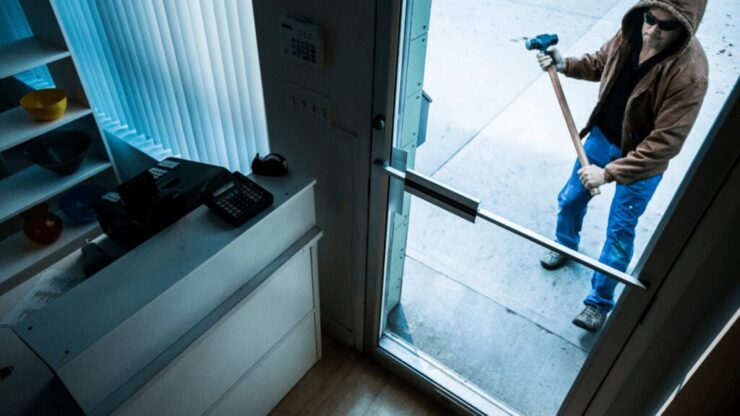
Theft and vandalism are significant concerns for business owners. Commercial property insurance provides coverage for losses due to stolen or vandalized property. This includes the cost of repairing physical damage to the property and replacing stolen items. Having security measures in place, such as alarms and surveillance systems, can also help reduce the risk of such incidents and may even lower insurance premiums.
4. Storm and Wind Damage
Natural disasters such as storms and strong winds can cause extensive damage to commercial properties. This includes structural damage to buildings, broken windows, and damaged roofs. Commercial property insurance covers the costs associated with these repairs, helping businesses recover more quickly from such events.
5. Equipment Breakdown
Modern businesses rely heavily on various types of equipment, from computers to manufacturing machinery. Equipment breakdown coverage within commercial property insurance policies helps cover the costs of repairing or replacing damaged equipment due to mechanical failure or other causes. This coverage is crucial for minimizing downtime and maintaining business operations.
6. Business Interruption
Business interruption coverage is a vital component of commercial property insurance. It compensates for lost income and additional expenses incurred when a business cannot operate due to covered property damage. This coverage helps businesses stay afloat during the recovery period and can cover expenses such as temporary relocation, payroll, and ongoing operational costs.
7. Damage from Civil Disturbances

Civil disturbances, such as riots or protests, can lead to significant property damage. Commercial property insurance typically covers damages resulting from such events, ensuring that businesses can recover from losses due to vandalism, looting, or other forms of destruction.
8. Liability for Injuries on Premises
While commercial property insurance primarily covers physical damage to property, it often includes liability coverage for injuries that occur on business premises. This can include slips, trips, and falls, which are common sources of claims. Liability coverage helps protect businesses from legal and medical expenses resulting from such incidents.
9. Flooding and Earthquakes
Standard commercial property insurance policies often do not cover damage from flooding and earthquakes. However, businesses located in areas prone to these natural disasters can purchase additional coverage to protect against these risks. Flood insurance and earthquake insurance can provide financial protection for damage resulting from these events.
10. Loss of Inventory
Inventory is a critical asset for many businesses, and its loss can have severe financial implications. Commercial property insurance covers the cost of replacing inventory damaged or lost due to covered events such as fire, water damage, or theft. Ensuring that your policy includes adequate inventory coverage is essential for protecting your business’s financial health.
11. Acts of Terrorism
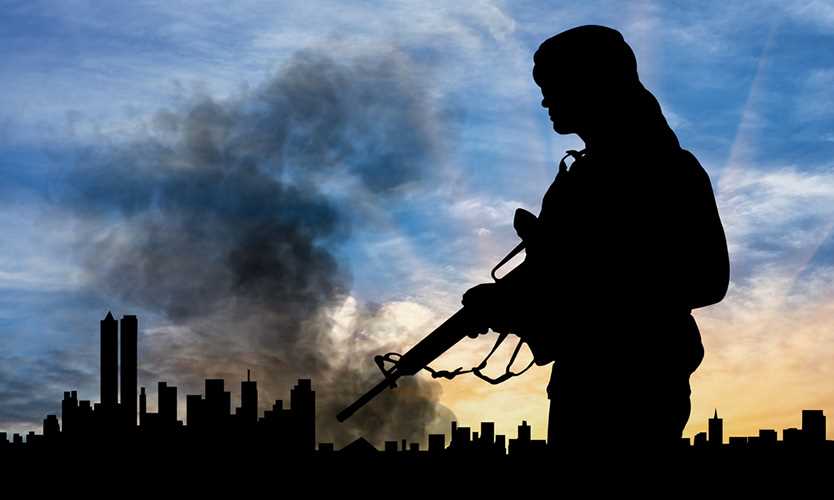
In the wake of increasing global security concerns, acts of terrorism have become a potential risk for businesses. Some commercial property insurance policies include coverage for damages resulting from acts of terrorism. This can provide financial protection for businesses in the unfortunate event of such an incident.
12. Damage to Outdoor Property
Outdoor property, such as signs, fences, and landscaping, can also be covered under commercial property insurance. This coverage helps businesses recover the costs associated with repairing or replacing damaged outdoor property, ensuring that the entire business premises are adequately protected.
13. Loss Due to Power Outages
Power outages can cause significant disruptions to business operations, leading to loss of revenue and potential damage to equipment. Some commercial property insurance policies include coverage for losses resulting from power outages, helping businesses mitigate the financial impact of such events.
14. Sewer and Drain Backup
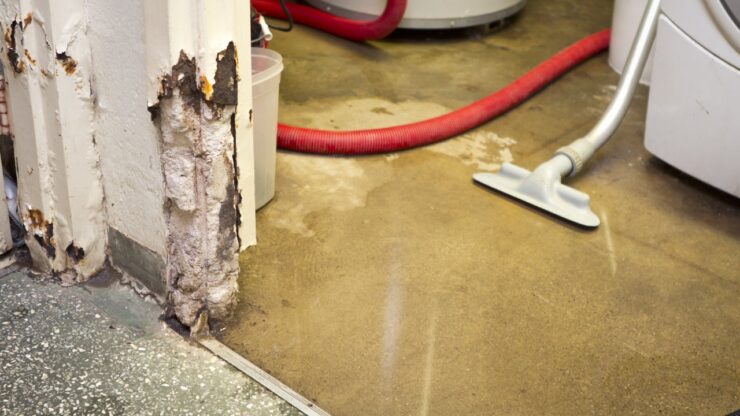
Sewer and drain backups can cause extensive water damage and disrupt business operations. Commercial property insurance can cover the costs associated with cleaning up and repairing damage caused by sewer and drain backups. This coverage is especially important for businesses in areas prone to such incidents.
15. Debris Removal
After a covered event such as a fire or storm, the cost of removing debris can be substantial. Commercial property insurance often includes coverage for debris removal, helping businesses manage the cleanup process and reduce additional expenses.
Ensuring Adequate Coverage
To ensure that your business is fully protected, it is crucial to review your commercial property insurance policy regularly. Consider the specific risks associated with your business operations and location, and work with your insurance provider to tailor your coverage accordingly. Adequate insurance coverage not only provides financial protection but also peace of mind, knowing that your business is safeguarded against a wide range of potential risks.
Conclusion
Commercial property insurance is a critical component of any business’s risk management strategy. By understanding the common claims covered by this type of insurance, you can make informed decisions about your coverage and ensure that your business is adequately protected. From fire and water damage to theft and vandalism, having the right insurance coverage can help your business recover and thrive even in the face of unexpected challenges. Regularly reviewing and updating your policy, considering additional coverage for specific risks, and working with a knowledgeable insurance provider can all contribute to a comprehensive protection plan for your business.

